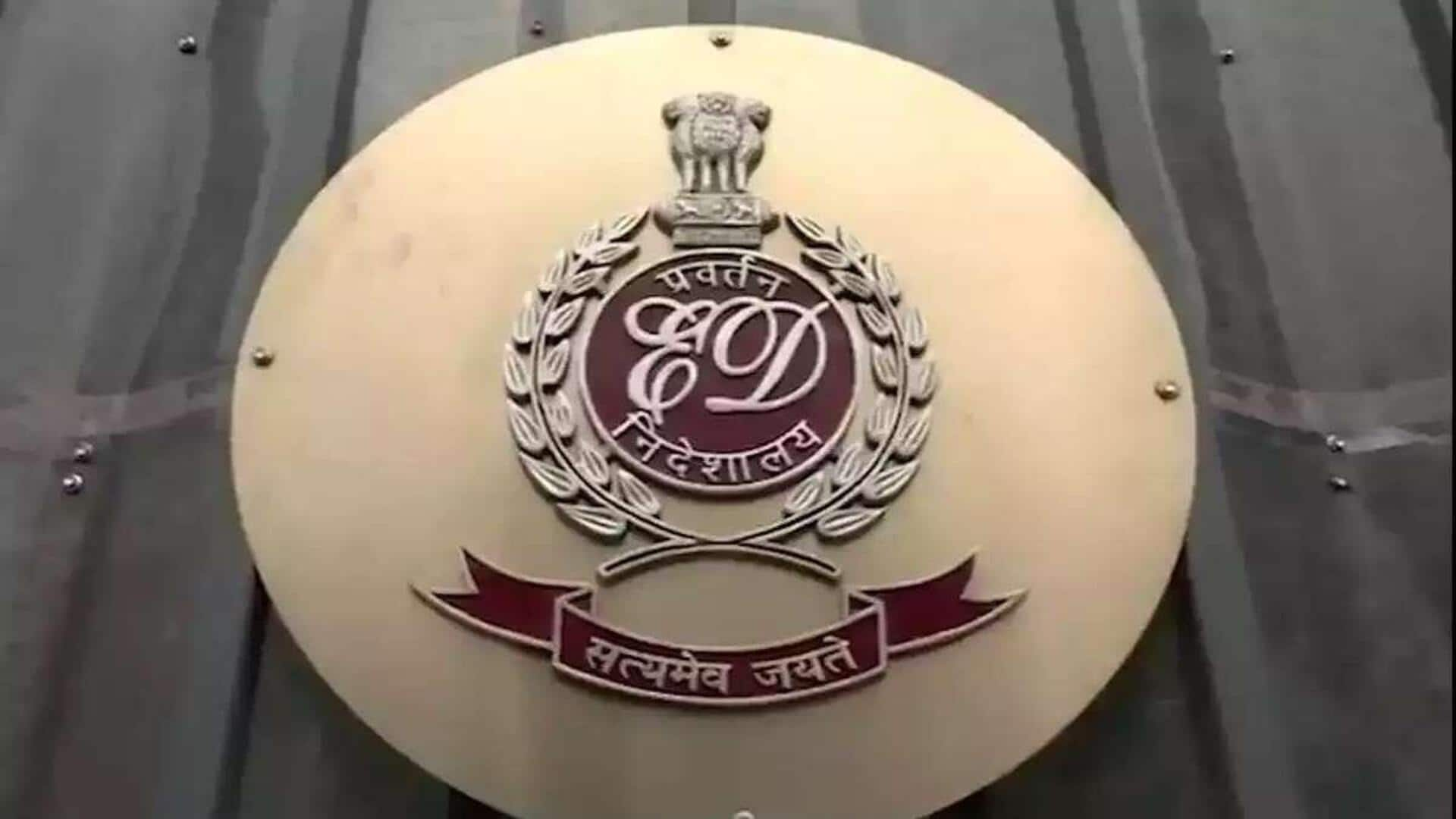
ED probes Udaipur wedding after ₹331cr found with Rapido rider
What's the story
The Enforcement Directorate (ED) is investigating a massive money laundering case linked to a lavish wedding at the Taj Aravali Resort in Udaipur in November 2024. The probe was triggered by a suspicious transaction pattern involving the bank account of a Rapido bike rider. Between August 19, 2024, and April 16, 2025, an astonishing ₹331.36 crore was deposited into this account, far exceeding his daily earnings of ₹500-600.
Financial trail
Wedding expenses allegedly routed through rider's account
The ED's investigation revealed that over ₹1 crore of wedding expenses were allegedly routed through the Rapido rider's account. The driver, who has no connection to either the groom or the bride, is believed to have allowed his account to be used without questioning the origins of funds. This case highlights how mule accounts are increasingly being used for financing luxury events and high-value expenditures.
Betting connection
ED links transactions to illegal betting networks
The ED suspects that the money in question may have originated from a shadow financial network linked to illegal online betting operations, particularly the controversial 1xBet ecosystem. The transaction pattern indicates "layering," where funds are channeled through unsuspecting individuals to conceal their original source. Investigators are now looking into why the rider's account was used, who operated it, and if he was coerced or kept in the dark.
Record scrutiny
ED examines payment records for Udaipur wedding
The investigation took a major turn when the ED examined Taj Aravali's internal payment records. They found that bills for decor, luxury fleet services, room bookings, event management, and guest arrangements were partly or fully paid from the rider's bank account. Officials believe these transactions were processed through a well-organized parallel payment system to mask beneficiaries and keep financial operators invisible.